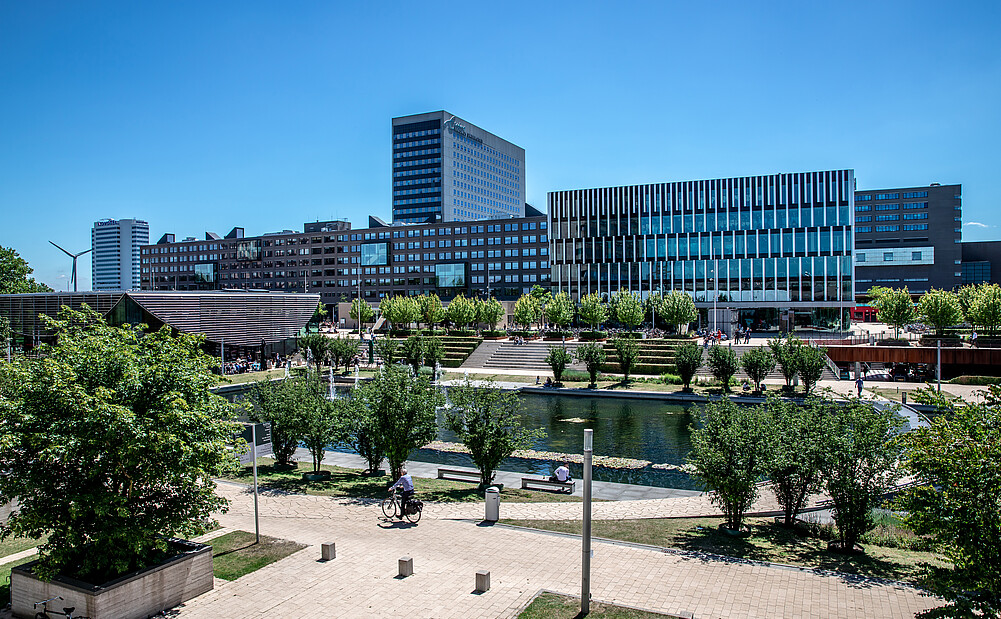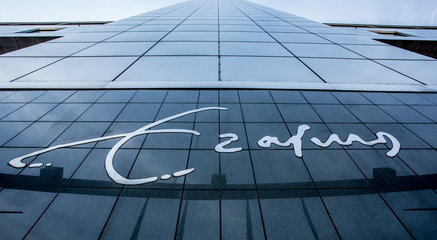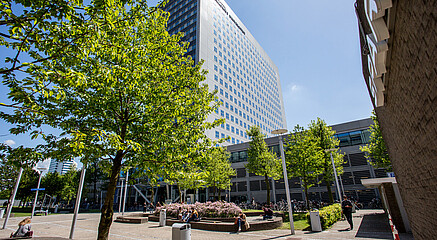Understanding the way people operate is central to the success of any organisation. Managing people requires understanding organisations in their full complexity, thus at several levels of analysis.
Our department produces high-quality research and provides excellent teaching of the management of people in organisations. Our diverse faculty apply micro- and macro-perspectives to understand the dynamics of organisations & their employees, and organisations’ interaction with their environment.
The department covers topics on four levels: those that apply to the individual such as leadership, leader development, power, incentives, and goals; those applying at the team level such as diversity, team processes, hierarchy, and professional identity; those at organisation level such as organisational learning, organisational design, coordination, organisational culture and change, and organisation of work; and topics at the level of the environment such as social, technological, economic changes, and politics.
“These interrelated topics and the increasing complexity of organisations makes it necessary to develop specific as well as integrated knowledge to enable future leaders or teams to manage and collaborate with their employees within and through their organisations,” says Prof. Steffen Giessner.
Pioneering new fields
Research within the department of Organisation and Personnel Management has always been a force for positive change, helping people and organisations worldwide to thrive and prosper. Pioneering faculty work at the forefront of human issues such as diversity, organisational change and leadership studies. Working successfully with business cultures that may have very different methods, expectations and models to those in Europe, the UK and North America constitute an important focus.
Business and societal impact
The department’s members work autonomously and together on projects of fundamental research as well as to create solutions for practical business and organisational issues. Sometimes their research has the potential to work for wide geographical areas.
One such initiative from the department of Organisation and Personnel Management is the Erasmus Centre for Leadership, in which colleagues from all of RSM’s departments collaborate. The Centre is a joint effort between this department and the department of Business Society Management. Its aim is to develop leadership within businesses and organisations as well as within society by preparing leaders for organisational and environmental changes such as digitalization, sustainability, and diversity – and by making them agents of positive change. It offers a platform by:
- Creating a common value proposition for leadership education at RSM, driven by the current needs of business and underpinned by the latest scientific knowledge;
- Enabling business leaders to share their insights and experience with the Centre and to learn from each other;
- Providing business partners with expertise and support for leadership development so they can lead their organisations into the digital arena;
- Using business and scientific knowledge to provide excellent education to students so they can develop into agents of change;
- Develop tools, new procedures and programmes to provide life-long leadership education.
Throughout this department’s numerous projects and Centres of Expertise to which faculty members are linked, new knowledge is created then disseminated on
- the academic level through publications in major international journals
- through educational programmes and tools, and
- via practitioner exchanges and knowledge hubs.
The business impact of our research translates into practical programmes at bachelor and master level, and for graduates with and without working experience. It helps us to prepare them to be critical, creative, caring and collaborative thinkers and doers.
“Our partnership with business and society begin with the education we provide to everyone, from bachelor students in a three-year programme to executives taking part in three-day programmes from RSM Executive Education,” says Prof. Steffen Giessner. “It’s a very direct way to make a positive impact on business.”
PhD vacancy in Organisational Behaviour (OB)/Human Resource Management (HRM)
The core focus of our OB/HRM research group is studying people—and how they lead, collaborate, and organise—at work. We are looking for a committed and enthusiastic PhD student to further strengthen our group, with a strong motivation to explore these themes through rigorous scientific research. The ideal candidate has a demonstrated passion for and experience in academic research, along with a learning orientation, perseverance, and a collaborative attitude.
Our doctoral program is designed to equip our PhD students with all the necessary knowledge and skills for both academic achievement and successful careers in academia and beyond.

About our research
Management Assistant
General email: secrdept2@rsm.nl
Management Assistant
General email: secrdept2@rsm.nl
Management Assistant
General email: secrdept2@rsm.nl
Education Coordinator
General email: secrdept2@rsm.nl


